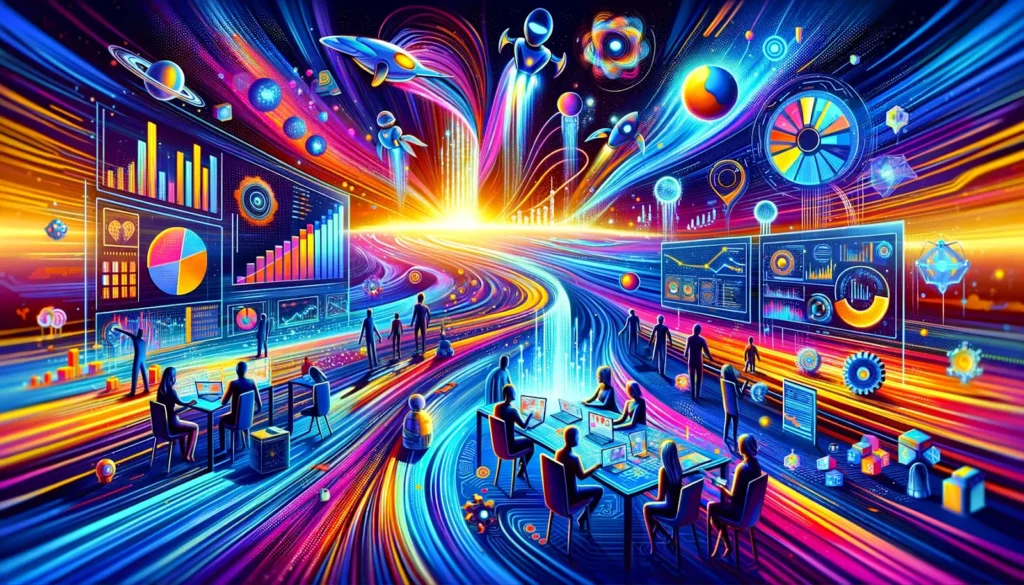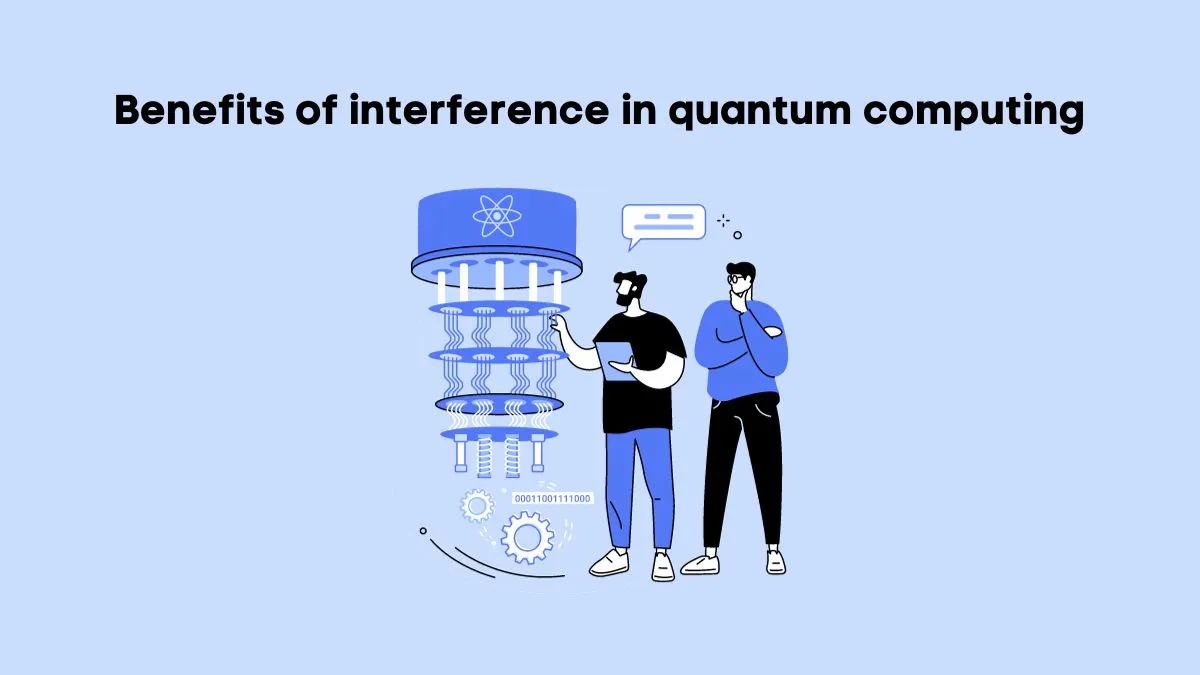The coming of Artificial Intelligence (AI) has brought revolution to industries across the globe, and marketing is not left behind in this respect. Marketing, with the rapid changes in the way it is done, results from the ability of AI to crunch the data and come up with the predictions in magnitudes that have never been considered before.
Understanding of how AI is applied in marketing, applications, and insight how businesses can use this technology to advance their marketing strategies.

Use Case of AI in Marketing
AI in marketing is the process of applying cognitive technologies, machine learning, natural language processing, and other cognitive technologies in order to interpret data learning from it and properly decide upon marketing activities.
AI in marketing not only increases operational efficiency but also gives rise to a deeper understanding of customer behaviors and interests. This makes more accurate and effective marketing strategies possible that lead to customer satisfaction and the growth of an establishment.
In particular, the application of AI in marketing can provide several key benefits: a boost in efficiency, giving customers more personalized experiences and better returns on investment for companies through their marketing campaigns.
Key Applications of AI in Marketing
Choosing the Right Tools
Marketers will have to choose from a variety of AI tools that are relevant to their marketing goals and can be easily fit into their systems. A good starting point might be AI-powered analytics, chatbots, content-creation, and online AI video generator tools.
Data Analysis and Insights
AI is great in dealing with and analyzing a large volume of data in an attempt to extract insights concerning the preference and behavior patterns of customers. Such insights help in guiding marketers to make decisions with a backbone of data, and therefore the effectiveness of the campaigns gets enhanced.
Personalised Customer Experiences
It allows content, recommendations, and interactions that fit the individual; hence, personalization on a different level. Such personalization can yield higher engagement rates and customer loyalty.
Automated Content Creation
Today, AI tools can create creative content from written articles and social media posts to most forms of digital content. Automation in these tasks not only saves time and resources, but also ensures that your content stays relevant and engrossing.
For customer service, chatbots—a recommendation that belongs to the customer area—could provide instantaneous 24/7 customer service on dealing with queries and issues efficiently. There would not only be greater customer satisfaction, but in addition, it would allow human agents to be allocated to more critical tasks.
Predictive Analytics
AI helps to predict upcoming activities by analyzing what the consumer has performed in the past. In other words, the predictive capability of such a tool can help foresee the trends of the market, what is more, it may even predict the needs of the customers.
Getting into AI: Start by identifying certain challenges or objectives of marketing which AI can solve. This can range from better customer engagement to optimization of marketing campaigns to enhancing personalization of content.
Measuring Success
Define clear metrics and KPIs to measure the impact of AI in your marketing campaigns. They could be the conversion rates, customer engagement metrics, or ROI. Review these metrics from time to time and tweak and optimize your AI marketing strategy.
While AI opens a vast array of opportunities for marketing, it also throws up challenges. Ethical issues of critical concern are data privacy and probable bias in AI algorithms. For marketers, regulation compliance of data protection and usage by AI should be carried out in a transparent and fair manner.
Future of AI in Marketing
There is huge potential in the future of AI in marketing: further technology maturation should bring forth advanced tools for personalization, automation, and predictive analytics. While AI is expected to grow in years to come, more and more technological evolutions taking new shapes in the marketing fields will be there.
Conclusion
The role of AI in marketing is transformative in the sense that it offers the best opportunity to up the marketing strategy one uses in every aspect—personalization, efficiency, and predictive analytics.
Through knowledge and use of AI, therefore, marketers can stay ahead of the curve and launch yet more engaging, more effective marketing campaigns. As we look to the future, the integration of AI in marketing will continue to be a key driver of innovation and growth.





